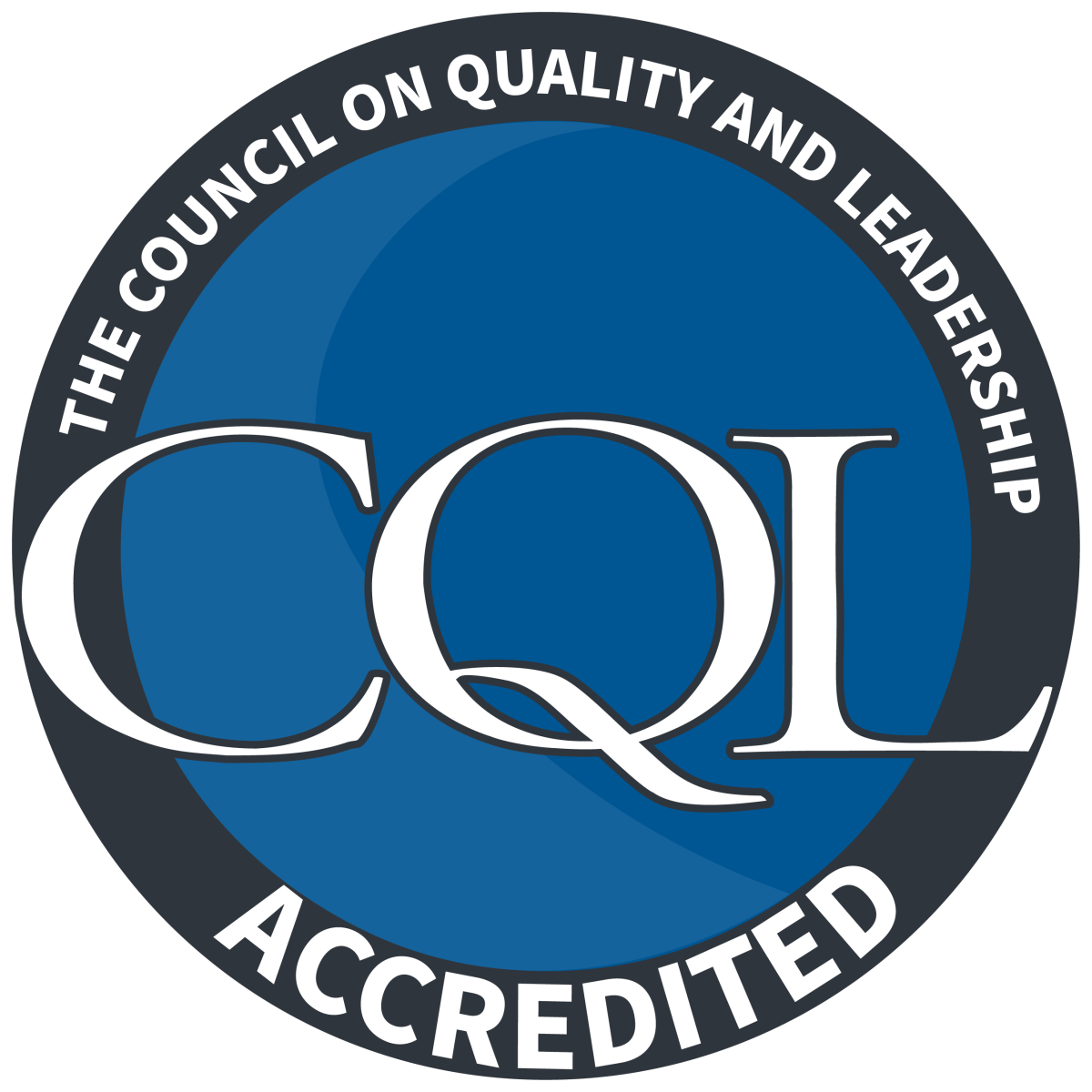Satisfaction & Accreditation
Quality and satisfaction is a priority. As such, we work within several quality and satisfaction measuring initiatives to ensure valid and reliable information is used to effect positive change.
The quality initiatives include:
- Medicaid Provider Self-Assessment process required by the Iowa Department of Human Services
- Comprehensive Quality Improvement System
Using these quality initiatives as a basis, EPI has created a comprehensive quality improvement plan with the goal of assuring the highest quality of services to the persons served by the agency.
CQL Quality Assurances Accreditation
EPI is accredited by CQL (The Council on Quality and Leadership) through February 2027 for Community Housing, Community Integration, Supported Living, and Community Employment Services.
CQL has been a leader in working with human service organizations and systems to continuously define, measure, and improve quality of life and quality of services for youth, adults, and older adults with intellectual and developmental disabilities, and psychiatric disabilities. CQL offers accreditation, training, certification, research, and consultation services to agencies that share our vision of dignity, opportunity, and community for all people.
Quality Assurances Accreditation is a three-year accreditation term intended for organizations that are looking to implement responsive, person-centered supports and services. It involves numerous planning meetings, the validation of a Basic Assurances® Self-Assessment, review visits, focus groups, the use of Personal Outcome Measures® interviews, as well as ongoing support and consultation from CQL staff. With insight gained from the initial review visit and additional check-ins, EPI is developing and implementing action steps to continuously improve its services.
“Through its Quality Assurances Accreditation, EPI is sending a clear message to people receiving services, family members, employees, and other stakeholders that it is deeply committed to individualized supports and personally-defined outcomes,” adds Katherine Dunbar, vice president of accreditation of CQL | The Council on Quality and Leadership.
What Is Accreditation?
A common understanding of the term accreditation involves the formal recognition of an organization for attaining a specified set of standards, often viewed as merely “passing a test.” With CQL’s Accreditation approach, this is more about being on a journey toward ongoing organizational transformation. Rather than receiving a “passing score,” it is about choosing the right path and making measurable progress.
Why Is Accreditation Important?
Through an open, honest, and unbiased evaluation by outside experts, accreditation equips organizations with valuable information and action steps for improvement. When organizations rely on their own internal review of operations, they may unintentionally allow the investment they have in their organization to influence their outlook. Internal review also limits an organization to its pre-existing base of knowledge, whereas accreditation aggregates best practices from other organizations.
Satisfaction Survey Results
Input from our stakeholders drives service quality. EPI seeks feedback in all formats and utilizes the information to set organization goals, quality improvements measures, establish policies and procedures, as well as service delivery practice. Formally, EPI gathers satisfaction through the use of traditional satisfaction surveys. The agency historically receives satisfaction scores in the 90% plus range.
Person served returned an average of 95% satisfaction rating over the last three years while stakeholders had an 84% rating of services being very good to excellent. In addition, 96% of those stakeholders reported they were likely to very likely to recommend EPI to others.
Listening & Responding Appropriately
We’ve developed a self-advocacy group that encourages feedback from persons served about what they like and don’t like about agency services. We incorporate this feedback into service delivery changes.